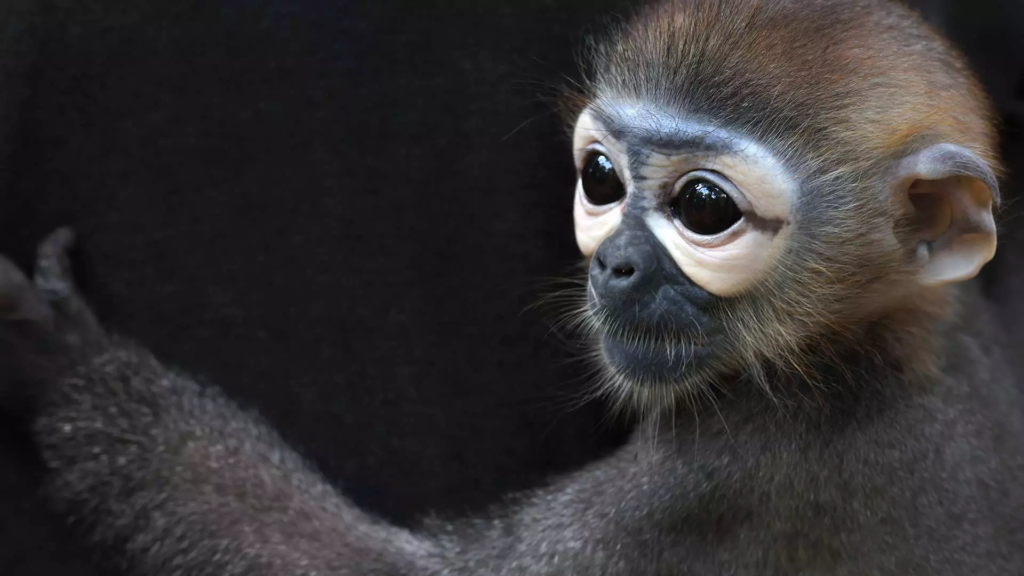
Table of Contents
- Introduction: A Day That Speaks for the Wild
- What Is World Wildlife Day?
- The Web of Life: Understanding Biodiversity
- Why Biodiversity Matters More Than You Think
- Threats to Wildlife and Natural Habitats
- The Ripple Effect: What Happens When Biodiversity Is Lost
- How World Wildlife Day Makes a Difference
- What We Can Do – From Individuals to Nations
- Final Thoughts: Protecting the Future by Protecting the Wild
1. Introduction: A Day That Speaks for the Wild
Every year, March 3rd reminds us of something silent, yet profoundly vital — the voices of the wild. World Wildlife Day is not just a date on the calendar. It’s a global call to attention — a plea from our planet’s forests, oceans, deserts, and skies — to recognize the importance of life beyond our own.
2. What Is World Wildlife Day?
World Wildlife Day was proclaimed by the United Nations in 2013 to celebrate and raise awareness of the world’s wild animals and plants. It marks the anniversary of the Convention on International Trade in Endangered Species of Wild Fauna and Flora (CITES), signed on March 3, 1973.
But more than a celebration, it’s a wake-up call. Each year, a theme focuses on urgent issues — from species extinction to conservation, climate impact to sustainable ecosystems.
3. The Web of Life: Understanding Biodiversity
Biodiversity is nature’s master plan. It’s the variety of life on Earth — from the tiniest microbe in the soil to the whales in the deep oceans. All species are interconnected, forming ecosystems that support life as we know it.
Biodiversity ensures:
- Clean air and water
- Fertile soil and crop pollination
- Climate regulation
- Disease resistance
- Raw materials for medicine and industry
It’s not just about saving animals — it’s about saving balance.
4. Why Biodiversity Matters More Than You Think
Without biodiversity, human life would unravel. Imagine a world without bees — no pollination, no crops, no food security. Picture rainforests vanishing — climate chaos would follow. Biodiversity underpins our economy, health, and survival.
Yet, over 1 million species are threatened with extinction due to human actions. This isn’t just an environmental issue — it’s a social, economic, and ethical crisis.
5. Threats to Wildlife and Natural Habitats
The threats are widespread and rising:
- Deforestation and land conversion
- Climate change altering natural cycles
- Illegal wildlife trade and poaching
- Pollution choking land, sea, and air
- Overfishing and habitat destruction
Every forest lost, every species pushed to extinction, chips away at the Earth’s ability to heal and support life.
6. The Ripple Effect: What Happens When Biodiversity Is Lost
Nature is not a luxury — it’s a necessity. When biodiversity fades:
- Ecosystems collapse
- Food and water become scarce
- Livelihoods vanish
- Disease outbreaks increase
Biodiversity loss isn’t a distant problem. It affects urban and rural life alike, cutting across continents and economies.
7. How World Wildlife Day Makes a Difference
World Wildlife Day shines a global spotlight on conservation issues. It:
- Raises awareness across media and communities
- Inspires school programs and policy changes
- Drives wildlife protection laws
- Encourages public engagement and eco-education
Each year, it unites governments, NGOs, scientists, and citizens under one banner: protect the wild, protect the planet.
8. What We Can Do – From Individuals to Nations
Big change starts small. Here’s how we can help:
- Support sustainable brands and eco-friendly products
- Say no to illegal wildlife products
- Plant native species and protect green spaces
- Educate children about nature and conservation
- Volunteer or donate to conservation organizations
- Push for stronger environmental policies
Every action counts — even a voice raised can be a forest saved.
9. Final Thoughts: Protecting the Future by Protecting the Wild
The planet doesn’t belong to us alone. Every bird, tree, insect, and fish has a role to play. And when we lose them, we lose a part of ourselves.
World Wildlife Day is more than a reminder — it’s a responsibility. A moment to reflect, act, and ensure that the wild beauty of our world continues to thrive — not just in documentaries, but in real life.
Because protecting biodiversity isn’t just about saving the wild.
It’s about saving home.

